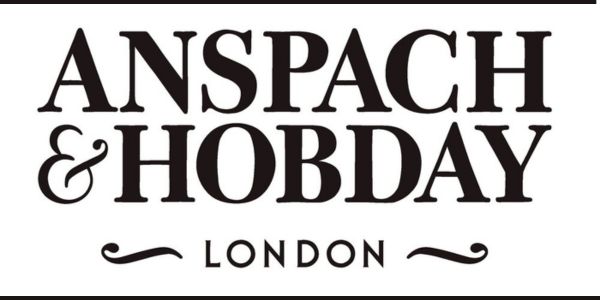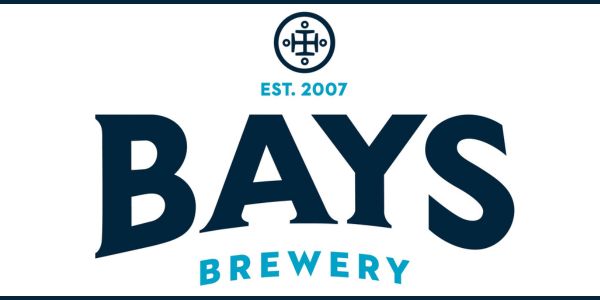With one month until the Chancellor’s Spring Statement, think-tank The Adam Smith Institute, and night time economy advisor Sacha Lord have issued a stark warning to the Treasury.

Sacha Lord, chair of the Night Time Industries Association. Photograph: Darren Robinson Photography
They say that without urgent intervention into the pub sector “the country risks losing one of its most vibrant and economically vital sectors” through mass closures, job losses, and irreversible damage to its world-renowned nightlife.
The warning coincides with the release of a joint report highlighting that the hospitality sector will face a £3.4 billion tax bill in April due to upcoming tax changes.
With 85% of businesses in the sector planning to cut hours or salaries as a result of rising cost pressures, 97% of operators have already frozen investment and stalled growth. This includes the halting of five new sites from one national pub chain as a direct result of the budget implications.
The research also shows that operating costs have surged by 30 to 40% in the past year. Seven out of ten operators are now financially unviable, according to the Night Time Industries Association (NITA).
The report goes on to make a series of urgent policy recommendations:
- Implement a sector-specific VAT reduction to ease financial pressures on businesses.
- Defer the reduction in business rate relief to provide continued support for struggling venues.
- Rethink the tax burden on hospitality, ensuring a fairer and more sustainable system.
- Support high streets with hospitality-led regeneration, fostering economic growth and community engagement.
- Rethink National Insurance to provide relief for businesses and support job creation.
- Conduct a fundamental review of energy costs, addressing one of the biggest financial strains on the sector.
“New tax policies and rising energy and wage costs, combined with a cost of living crisis, mean that while venues might still see footfall, the numbers simply don’t add up and the pressures on the sector are now at unprecedented levels,” said Sacha Lord, chair of the NITA.
“Customers, particularly younger people, have less disposable income, while businesses face soaring costs that are pushing them to the brink and pricing consumers out as a result.
“It’s a lose-lose situation, and without a considered, long-term approach, I fear we’re causing the industry irreversible damage. This report is a call to policymakers to wake up and ensure the survival of pubs nationwide, before it’s too late.”
He added: “Both the previous and current governments have exacerbated this crisis with short-term thinking and stop-gap measures that fail to provide real security for businesses. I cannot understand the reluctance to set out a long-term vision that we can all see, support, and trust in.
“If there is no clear direction for where the UK will be in 10, or even 20 years, it is impossible to understand the strategy, which is where mistrust, anger and division rises up.
“This isn’t about politics. It’s about securing the future of an essential industry. If businesses cannot see or trust in what lies ahead, they will turn to those offering an alternative path even if it leads in the wrong direction.”
» READ MORE: Confidence is draining away from the hospitality sector
Sam Bidwell, director of the Next Generation Centre at the Adam Smith Institute, said: “Over the last few years, the hospitality sector has faced incredible pressure from a whole range of sources, from the Covid-19 pandemic and sky-high energy prices to restrictive licensing laws and the government’s national insurance hike. These factors may all seem abstract, but it’s forcing thousands of pubs, clubs, and restaurants to finally shut their doors for good.
“This isn’t just a calamity for the sector — it’s having a negative impact on the wider economy and our communities, too. Pubs provide a social hub for older people — their closure will increase social isolation. And young people, already suffering under a high tax burden and becoming increasingly unable to afford a home, are finding it even harder to find an open, affordable venue for a good night out.
“The government needs to start backing our hospitality sector by liberalising licensing and planning rules and reducing costs. If it doesn’t, we’ll only consign more of Britain’s beloved pubs and eateries to history.”
The Last Orders Report can be viewed here.










